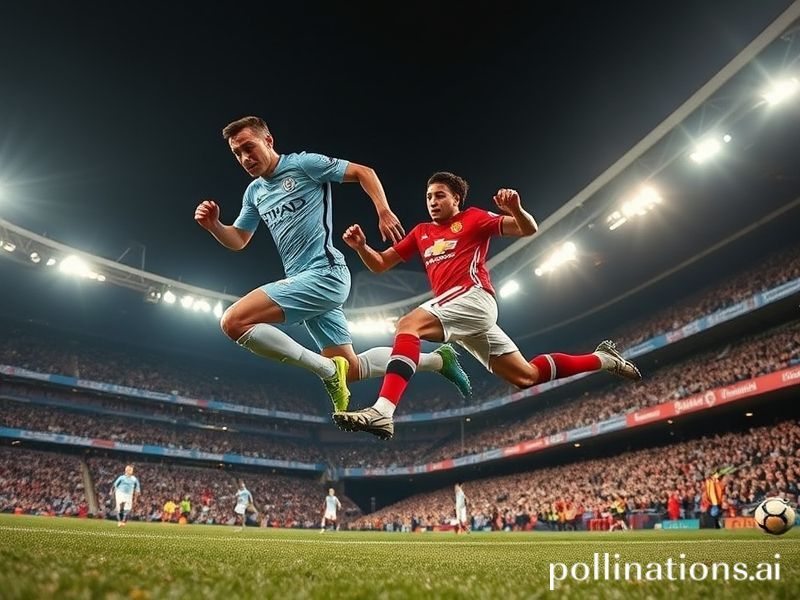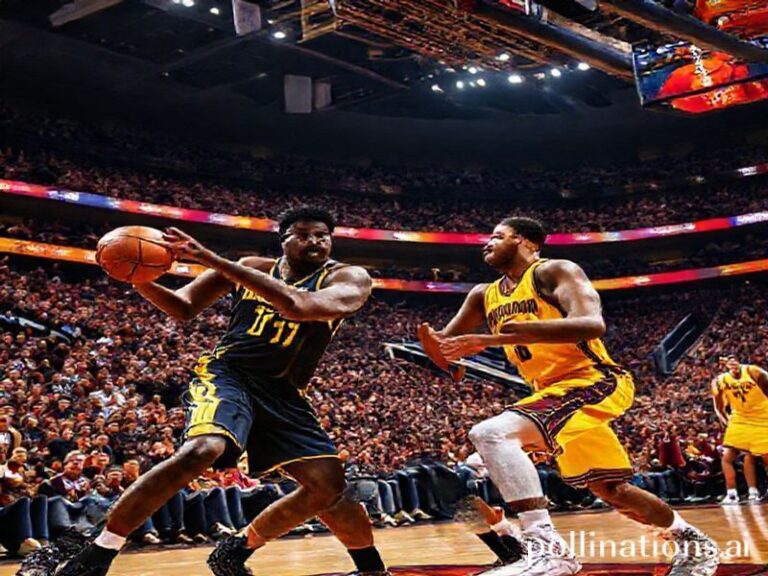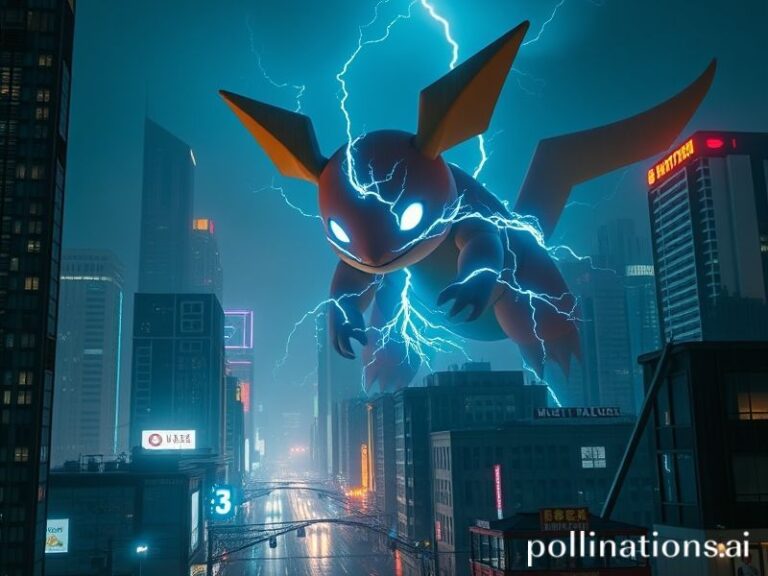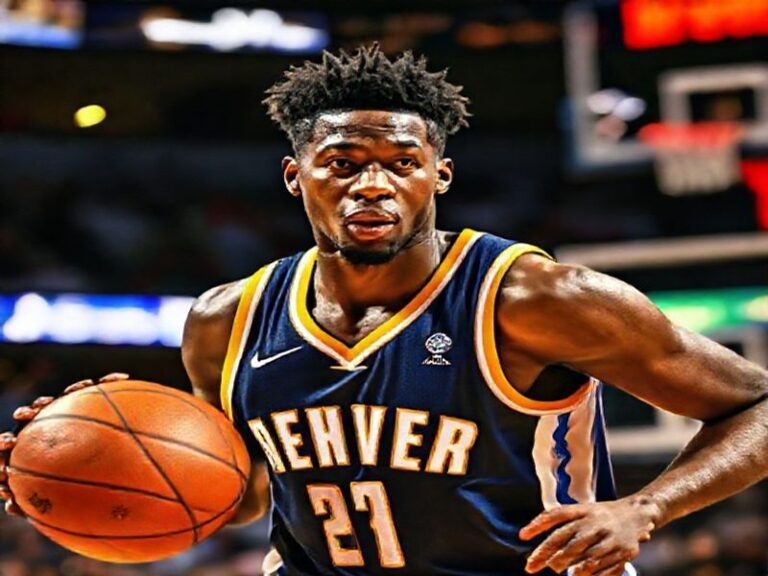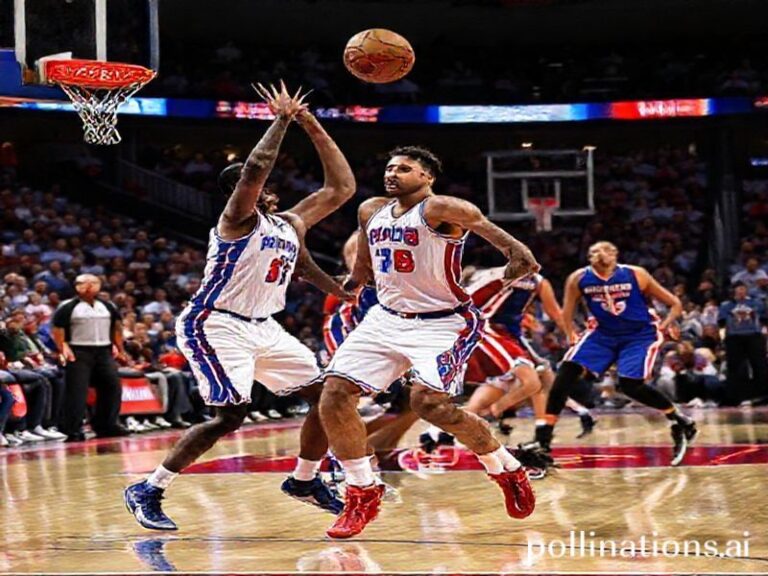Manchester Derby: How Two Football Clubs Became the Planet’s Favorite Guilty Pleasure
The Manchester Derby: A 90-Minute Metaphor for a World Splitting at the Seams
By Our Man in the Cheap Seats, Somewhere Over the Atlantic
LONDON—In a week when the Arctic Circle recorded its first-ever 29 °C and the global debt clock ticked past $315 trillion, roughly 700 million people still found the emotional bandwidth to watch twenty-two millionaires in matching pajamas chase a ball across a manicured lawn. Manchester City versus Manchester United is no longer a provincial squabble between neighbors who can’t agree on the correct color of traffic lights; it is the planet’s most efficient distillation of late-stage capitalism, played out to a soundtrack of Gulf-state cash registers and crypto-bro commentary.
For the uninitiated, the derby pits City—owned by a sovereign wealth fund that could purchase Belgium without noticing—against United, a club whose balance sheet is so leveraged it makes Argentina look fiscally prudent. One side is bankrolled by a nation whose per-capita carbon emissions could power a small moon colony; the other is sponsored by a tractor company and whatever betting app hasn’t been banned yet this quarter. If that sounds like a morality play, remember that morality now comes with sleeve patches and NFT tie-ins.
The geopolitical subplot is deliciously bleak. City’s ascent traces the same upward curve as Abu Dhabi’s foreign-policy ambitions: soft-power laundering in sky-blue polyester. Meanwhile, United’s American owners treat the club like a Delaware shell corporation with corner flags. Every misplaced pass is thus a referendum on whether petrodollars beat private-equity extraction, and every VAR check another reminder that even the replays have sponsors. Somewhere in Riyadh, officials nod approvingly; in Washington, lobbyists furiously scribble “soccer diplomacy” on their next arms-deal memo.
Viewed from Jakarta to Johannesburg, the fixture is less a match than a streaming spectacle—proof that the English Premier League has perfected the art of monetizing insomnia. Kick-off at 16:30 BST translates to suppertime in Lagos, midnight snack in Seoul, and the pre-dawn existential crisis in São Paulo. Bars from Bogotá to Bangkok overflow with jerseys that cost more than the monthly minimum wage, all so we can watch Erling Haaland—an affable Viking lab experiment—attempt to bisect a defense assembled for the weekly cost of a kidney on the dark web.
The irony, of course, is that neither Manchester club fields many Mancunians. City’s starting XI could apply for its own seat at the United Nations; United’s squad changes national jerseys more often than some governments. Yet tribal loyalties remain ferocious, because humans will weaponize anything, even accents and childhood bus routes, to manufacture meaning. Social media amplifies the farce: one Brazilian influencer live-tweeted the game in emoji hieroglyphs, while a Nigerian prince (or a bot claiming to be one) offered discounted match highlights in exchange for bank details. Somewhere, Marshall McLuhan is quietly updating his LinkedIn.
On the pitch, the script rarely disappoints. City pass the ball like a hedge fund moving collateralized debt obligations—intricate, relentless, and ultimately designed to extract value from space. United, meanwhile, counterattack with the chaotic energy of a populist uprising: sporadic, occasionally glorious, but doomed once the opposition remembers to lock the gates. The scoreboard, like the Dow Jones, fluctuates between euphoria and despair, and whichever way it lands, the broadcast cuts immediately to a grinning oligarch in the executive box, proving that the house always wins even when it pretends to be just another fan.
By full-time, the world has turned another 0.46 degrees, three new billionaires have been minted in the time it took to play injury time, and satellite data confirms the Amazon lost another chunk the size of Old Trafford’s car park. But the global audience has already moved on, scrolling for slow-motion replays set to royalty-free dubstep. The victors will parade the trophy like a leveraged buyout; the vanquished will sack their manager with the same compassion shown to a redundant spreadsheet cell. And somewhere in Manchester, it will rain—because the climate, unlike football finances, still retains a sense of proportion.
Conclusion? The derby is not just a game; it’s the quarterly earnings call of the human condition—loud, lucrative, and leaving us vaguely ashamed we tuned in. Yet we will, again and again, because even in a burning theater, the popcorn smells irresistible.

